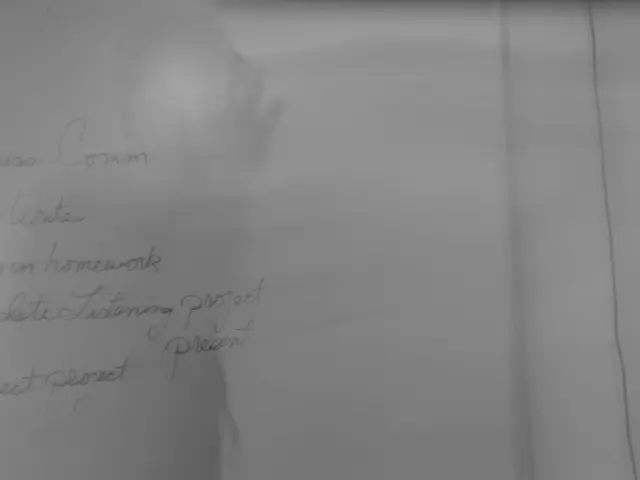Diplomats' emails have been clandestinely accessed by Chinese authorities for a significant period.
Cyber Espionage Allegations:
China is under scrutiny for allegedly spying on a NATO and EU country's diplomatic communication for several years. The disclosure has raised concerns and outrage in Brussels, with the international community eagerly awaiting the consequences.
In response, NATO member states, in a joint statement, expressed growing concern over the increasing malicious cyber activities originating from the People's Republic of China. They pledged to combat these activities. Following suit, the EU declared readiness to take additional action if necessary, which previously has included sanctions.
The suspect cyberattack on the Czech Republic's Foreign Ministry is believed to be the work of APT31, an advanced persistent threat group tied to China's Ministry of State Security. The intrusion is said to have begun in 2022, and it's suspected that the cyber-espionage effort may have allowed China to read the emails of Czech diplomats for years.
EU foreign policy chief Kaja Kallas took to social media, labeling the cyber attack as a clear and unacceptable violation of international norms.
The Czech authorities, acting in a comprehensive investigation, involved domestic, foreign, military intelligence services, and the national authority for cyber and information security. The Foreign Ministry clarified that the infiltrated communication network was not used for the exchange of classified information.
In 2020, the EU imposed sanctions on Chinese hackers for the first time, with APT10 members, accused of attacking IT service providers worldwide, being the target of the sanctions.
Source: ntv.de, toh/dpa
- EU
- NATO
- Czech Republic
- China
- Hackers
Background Information: The incident, pertaining to the Czech Republic, is the latest in a series of concerns among Western allies regarding long-term cyber espionage targeting diplomatic and critical government systems across NATO and EU countries. The involved state actor has reportedly engaged in such activities with the intention to undermine national security, democratic institutions, and critical infrastructure.
- The European Union (EU) has pledged to take additional action if necessary, including imposing sanctions, as concerns over cyber espionage activities originating from the People's Republic of China continue to grow, following the alleged spying on a NATO and EU country's diplomatic communication.
- In response to the suspect cyberattack on the Czech Republic's Foreign Ministry, believed to be the work of China's advanced persistent threat group APT31, the EU foreign policy chief, Kaja Kallas, labeled it as a clear and unacceptable violation of international norms.








